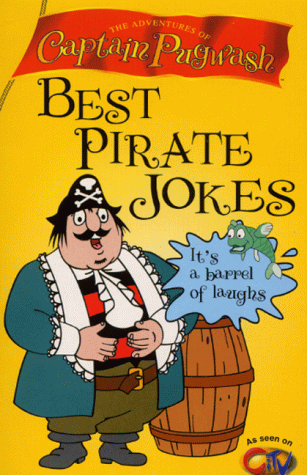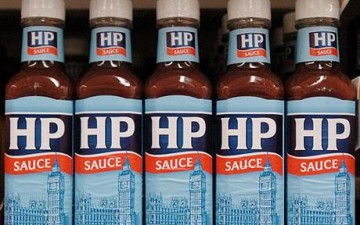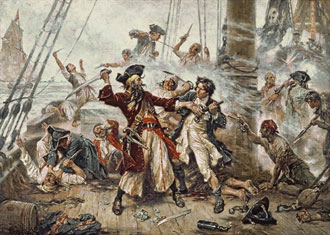 The UK government is so impressed that the US has managed to increase piracy while locking up so much of its pirates it thinks it might try it.
The UK government is so impressed that the US has managed to increase piracy while locking up so much of its pirates it thinks it might try it.
Current thinking in David “One is an ordinary bloke” Cameron’s cabinet is that piracy crimes happen because the penalties are too light. And the US where P2P pirates face huge sentences for getting caught, has no problem with pirates at all.
A new Intellectual Property Office (IPO) report reveals that many major rightsholders believe criminal sanctions for copyright infringement available under the Copyright, Designs and Patents Act 1988 (CDPA 1988) should be a lot tougher.
While the Digital Economy Act 2010 increased financial penalties up to a maximum of £50,000, in broad terms the main ‘offline’ copyright offenses carry sentences of up to 10 years in jail while those carried out online carry a maximum of ‘just’ two.
In 2014, Mike Weatherley MP, then IP advisor to the Prime Minister, said that this disparity “sends all the wrong messages”, a position that was supported by many major rightsholders. The current report examines data from 2006 to 2013 alongside stakeholder submissions, both for and against a change in the law.
It is important that you understand some of the language here. The word “stakeholder” actually means wealthy movie or recording studio which wants the government to tackle copyright infringement so it does not pay for it. Asking them if they think P2P pirates should receive tougher penalties is like asking UKZIP if Romanians should be sent home. In fact if you asked the stakeholders, “do you think that P2P pirates should be publically hung, drawn and quartered and boiled in oil?” they would nod enthusiastically.
“Many industry bodies argue that higher penalties are necessary and desirable and that there is no justification for treating physical and online crime differently. Other stakeholders suggest that these offenses are in fact different, and raise concerns about a possible ‘chilling effect’ on innovation,” the report reads.
But the report actually seemed to lean away from tougher penalties.
Court data from 2006-2013 reveals that prosecutions under the CDPA have actually been going down and that online offenses actually constitute “a small, and apparently decreasing, fraction of copyright prosecution activity as a whole.”
The Crown Prosecution Service didn’t bring a single case under the online provisions of the CDPA 1988 during the period examined.
This lack of case law is problematic by the Federation Against Copyright Theft. ACT has stepped away from public prosecutions under copyright law in order to pursue private prosecutions, because of this problem.
But making sentences tougher causes another problem. The Open Rights Group is worried that overly aggressive punishments that not only have the potential to affect those operating on the boundaries, but also those seeking to innovate.
In other words a person working on a new sharing technology which pushes the boundaries of current legality might face themselves being jailed for years.
“Many internet innovators, prosumers, online creative communities that create non-profit derivative works, fandom producers, etc. All these people – many of whom technically breach copyright in their activities – could find themselves facing prison sentences if making available carried a maximum sentence of ten years.”












